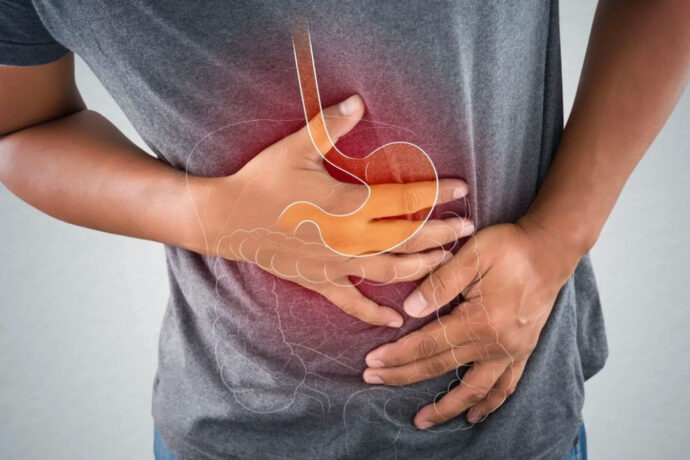
As women, our bodies age gracefully, yet they communicate differently when an underlying health issue, such as a heart attack, arises. The signs and symptoms experienced by women in such situations can differ significantly from those in men, necessitating a keen understanding of these warning signals for early detection and intervention.
Decoding a Heart Attack: The Basics
The heart, a vital organ responsible for circulating oxygenated blood throughout the body, requires unimpeded blood flow. A heart attack occurs when this flow encounters blockages formed by the gradual buildup of fat, cholesterol, and plaque in the arteries. While the mechanics of men and women’s bodies share commonalities, the manifestation of heart attacks varies between the genders.
Key Differences in Heart Attacks for Women:
- Subtle Symptoms:
- Women may experience warning symptoms weeks or months before a heart attack, often dismissed due to their subtlety. These symptoms, such as shortness of breath, chest pressure, upper back discomfort, fatigue, or light-headedness, can be mistaken for other common ailments.
- Arm Pain:
- Contrary to men who predominantly feel pain in the left arm during a heart attack, women may experience it in either arm.
- Age Disparity:
- The average age for a woman’s first heart attack is around 72, in contrast to men experiencing it at approximately 65. Estrogen’s impact on blood vessels might contribute to this age discrepancy.
- Medical Attention and Treatment:
- Women tend to delay seeking medical help compared to men, partly due to the subtle nature of symptoms. Consequently, they may receive fewer referrals for appropriate treatment, leading to poorer outcomes post-heart attack.
- Location of Heart Disease:
- Women and men exhibit heart disease in different areas, with women commonly experiencing microvascular disease in smaller heart blood vessels, while men face issues in major coronary arteries.
Warning Signs Women Shouldn’t Ignore:
- Chest discomfort
- Shortness of breath
- Cold sweats
- Nausea
- Light-headedness
- Fatigue
- Indigestion
- Anxiety
- Discomfort in the shoulder area, headaches, and vision problems
Symptoms of a Heart Attack in Women:
While chest pain remains a prevalent symptom, women might experience a heart attack without chest pain. Other symptoms include:
- Pain in the Back, Jaw, or Neck:
- Nerve triggers may cause pain in areas beyond the heart. Pay attention if the pain is challenging to pinpoint.
- Intense Fatigue:
- Excessive exhaustion during routine activities could signal heart distress.
- Breathing Difficulties:
- Notice changes in breathing, especially worsening when lying down and improving when propped up.
- Sweating:
- Unexplained sweating or feeling cold and clammy may indicate a heart issue.
- Arm Pain:
- Pain or discomfort may radiate from one or both arms.
Understanding these nuanced signs empowers women to recognize potential heart issues promptly, emphasizing the importance of seeking medical attention for comprehensive cardiac health.



